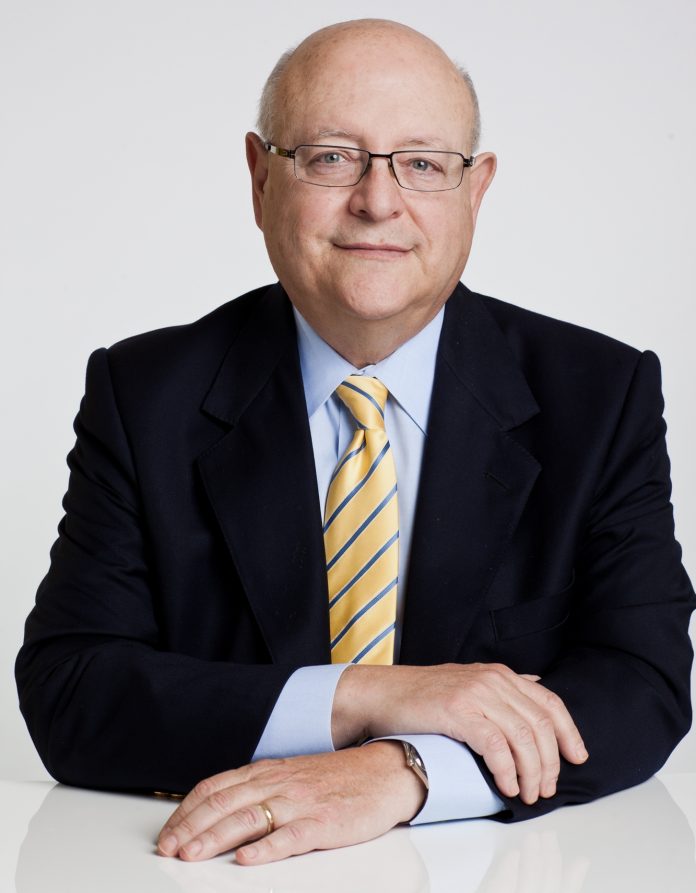
Arturo Samaniego and Shomik Mukherjee
National Beat Reporter and News Editor
The University of California is facing more backlash from UC Santa Barbara student workers, this time over the reportedly “generous” pension funds bestowed upon UC retirees in a time of university-wide tuition hikes.
Over 5,400 UC retirees received pensions over $100,000, and “nearly three dozen received pensions in excess of $300,000 last year,” the Los Angeles Times first reported. Pensions are funds created for workers while under employment, and then paid out to them after they retire.
Specifically, pensions range high for UC employees at or near the top of the university. One former UC president, Mark Yudof, receives a $357,000 pension, despite working only seven years for the UC and taking a year-long sabbatical during that time, the LA Times reported. Yudof served as UC president between 2008 and 2013, before stepping down to teach at the UC Berkeley School of Law, from where he took the sabbatical.
Additionally, the LA Times reported a 60% increase since 2012 in the percentage of UC retirees collecting a six figure pension.
In January, the UC Regents voted to increase tuition for all UC students by 2.5% — which only worsened outrage over the pension problem.
Fifth year chemical engineering major Michael Kile criticized the pension rates, pointing to lower-end UC employee jobs like custodial work and food production, which he said receive disproportionately low pension benefits.
“Their pensions are currently under attack,” said Kile, who spoke as a member of UCSB Student Worker Coalition.
UC employees pay a certain percentage of their wage into their pension, depending on what type of employee they are. Some low-level employees pay 7% while others pay 9%. In 2014, the UC Regents approved a plan to match pension payments at 14% of employee salaries.
In July, the UC approved a plan to increase the university’s contribution to 15% for some employees. In the same plan, the Regents approved increasing the amount in loans that the UC borrows internally within the university budget to keep retirement plans financially stable.
The UC has also made some attempts to reign in the cost of these large pensions, such as by raising the minimum retirement age from 50 to 55 and capping the amount of salary used to calculate a pension at $117,000, according to the LA Times.
Kile’s organization, UCSB Student Worker Coalition, brings together members from unions representing UCSB work positions like groundskeeping. He emphasized that low-level employees should never be targeted when reducing pensions.
“Trim from the top, not the bottom,” Kile said. “Otherwise, you cut down the whole tree.”
Second year environmental studies major Eduardo Enrique criticized the UC for high pensions during a time of tuition increases.
“Students are struggling right now,” he said. “We’re going through hard economic times and our tuition may be raised…Meanwhile, these former top UC employees are enjoying large, extravagant pensions that may come at our cost.”
Both Kile and Enrique dismissed the notion that promises of high pensions would attract more employees to the UC. Enrique argued that professors coming to teach at the UC should be motivated by factors other than money, while Kile cited a former UC Berkeley chancellor, Nicholas Dirks, who was found in March of misappropriating funds and mishandling sexual misconduct cases.
“This money is not a means of attracting better people,” Kile said.










